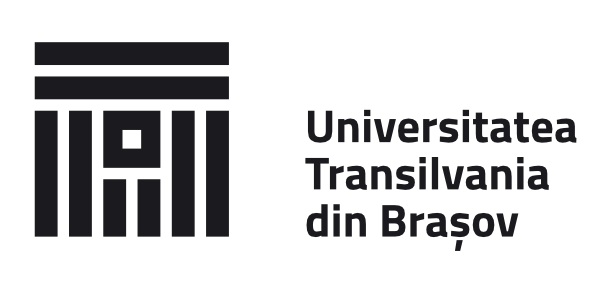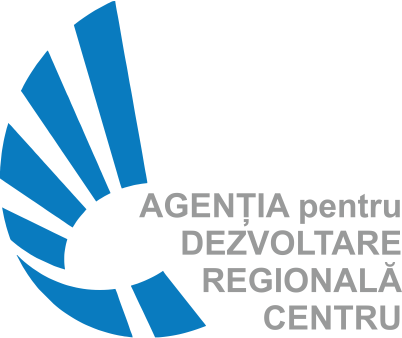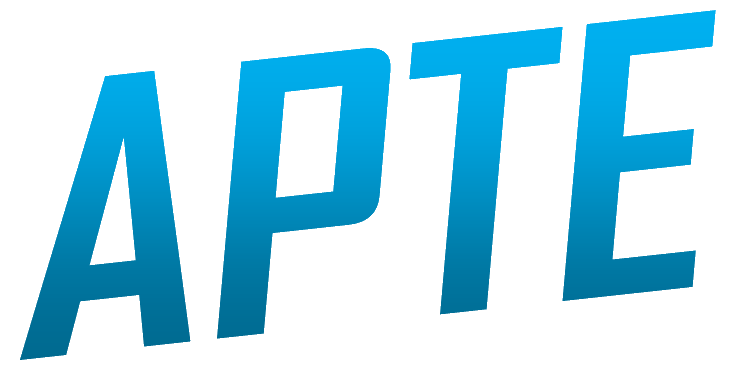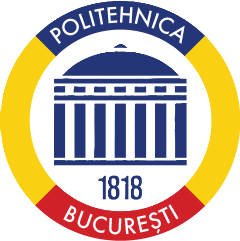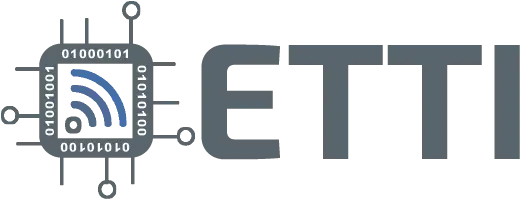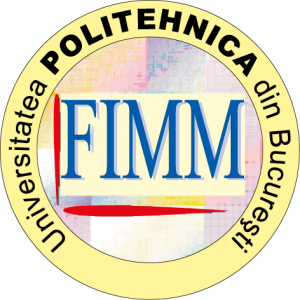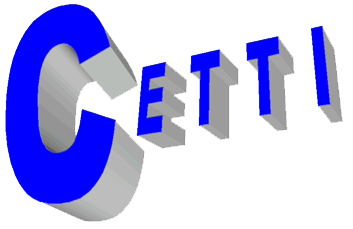PURPOSE AND OBJECTIVES
This student technical and scientific event and contest has the purpose of evaluating the level of knowledge gained by students in the field of technological computer aided design (CAE-CAD-CAM) of electronic modules, with focus to both THT (through hole technology) and SMT (surface mount technology) technologies.
The contest is based on the knowlegde gained at the courses in electronics regarding the design and manufacturing of analogue, digital and mixed electronic modules, as well as on the advanced knowlegde of designing PCB interconnection structures (printed circuit boards).
The aim of the contest:
- Arousing the students’ interest in the electronic packaging issues and PCB interconnection structures;
- Evaluation of knowledge in a competitive contest;
- Supporting the electronics industry with professional human resources.
Objectives:
- Familiarizing the students with the necessary activities for designing the electronic projects of the analogue, digital and mixed modules and the PCB interconnection structures, in order to meet the demands required by the project/product specifications;
- Reaching a high level of professionalism in using CAD software systems in this field;
- Rising the awareness of the electronics industry on the existing human resources and realizing a strong partnership between academia and industry;
- Increasing of job demands for the career of electronics engineer from today students and of job offers from the industrial environment.
THE ORGANIZATION
The international student contest “Interconnection Techniques in Electronics (TIE)” is coordinated by “Politehnica” University of Bucharest, Center of Technological Electronics and Interconnection Techniques (UPB-CETTI), being organised, in an itinerant way, by a member university of the EPETRUN university consortium and network (Electronic Packaging Education Training and Research University Network), being also opened to all interested universities in education and training in the electronic packaging field.
The contest is supervised by two committees, the steering and technical committees, in which take part representatives from EPETRUN university network. These committees take care of all technical and organisational aspects of the contest.
The contest has two stages:
- local stage (which takes place in every university centre);
- national stage (which takes place in an university centre choosen by the steering committee a year before the contest takes place).
Every university can participate at the national stage with maximum 3 students (3 bachelor students + 0 master students or 2 bachelor students + 1 master student).
TOPICS
- CAD design of electronic circuits (SCM, SCH);
- Creation of virtual components (parts);
- SCM post-processing (generation of netlists, reports, export/import files, post-processing files for technical documentation);
- CAD design of on-board interconnection structures (PCB);
- Creation of PCB footprints;
- Professional inter-tool communication techniques between SCM and PCB environments;
- PCB post-processing (generation of netlists, reports, export/import files, post-processing files for technical documentation and manufacturing);
- Standardization elements for PCB design;
- Elements of analogue, digital and mixed design;
- Elements of signal integrity and electromagnetic compatibility at the PCB level.
ON-GOING REGULATIONS
- Any student can apply at the local stage of the contest if he/she proves he/she follows the courses of a state-funded or private approved institution of higher education (university).
- The organization of the local stage is under the attributions of the universities involved in the EPETRUN network.
- The lists of students qualified for the national stage will be sent to the organizing university at least a week before the final stage starts, according to the organizers demands.
- The amount of time for the qualification session is of 90 – 180 minutes and for the final session is of 120 – 180 minutes.
- The participants can use at the contest their personal computers with the licensed CAD software preinstalled. The student/university has to prove the existence of the license. The organizers can provide computers for all participants who demand this when they enrol for the final stage, according to point 3. The organizers will also specify the licensed software which they can provide so that the participants can choose the wanted one when they enrol for the contest.
- During the contest, the student can use his/her own documentation, paper-based or in electronic format. The draft papers will be provided by the organizers.
- The on-going contest regulations can be presented to participants at the beginning of the contest.
- During the contest, the participants are not allowed to discuss between them, to ask for explanations from another participant regarding some contest issues, to borrow objects or personal documents. During the contest, the only explanations they can ask are from the organizers and/or from the representative of the technical committee.
- After handing-in the subjects, the students have 5-15 minutes to study the contest subjects, but without making any computations, writing down anything or performing any design activities on the computer.
- In case of a technical problem, the student has to announce as soon as possible the situation to a contest official. The students can benefit by the extension of the contest amount of time in certain conditions: copy of folders, breakdown of the workstation and software blocking. Any other situations will not be accepted for the extension of the official contest amount of time.
- The evaluation at the local stage is done by 1-2 officials together with the student who solved the subject. If the student is not present when the evaluation activity starts, he/she will be called when the evaluation session of his/her group ends. If he/she is still not present, his/her subject will be evaluated in his/her absence.
- The marks at the local stage are confidential until the end of the evaluation of the last group. If there is only one group, the evaluation can be public, depending on the decision of the local technical commission/committee.
- The evaluation at the final stage is done by two officials together with the student who has solved the subject. If the student is not present when the evaluation activity starts, he/she will be called later or at the end of the evaluation session. If he/she is still not present, the subject will be evaluated in his/her absence, but in the presence of a witness student from the same university centre.
- The evaluation of the subjects at the final stage is public.
- The students who participate at the final stage will be awarded with diplomas and prizes: three prizes and five mentions.
- Prizes categories: money, objects, diplomas, marks proposed for subjects in the curriculum (10, 9, etc.), participations at scientific events or research internships.
- The first prize winner is not allowed to participate at the following editions of the TIE contest.
- The students who are not present at the contest and who are on the contest list will be referred to as “not present”, and those who leave before the contest time expires will be referred to as “abandon”.
- The professors and students who participate at the final stage of TIE are invited to take part at the public evaluation of the subjects, at the scientific workshop associated to the event and at the cocktail offered at the end of the final stage.
- The contest rules can be found on the web-page of the contest (www.tie.ro), in English and Romanian, and on the web-pages of the EPETRUN university network, depending on the specific of their web-pages.
- Any change in the present document will be announced at the technical meeting of the TIE contest.

